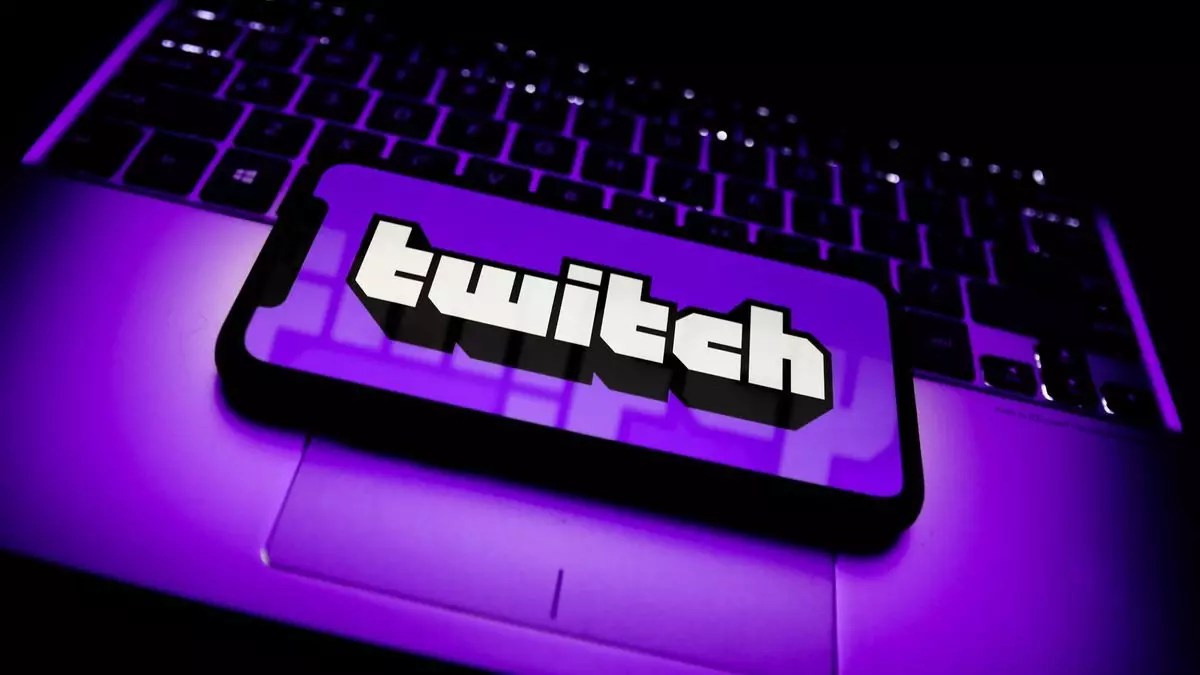In the rapidly evolving landscape of live streaming platforms, Twitch recently attempted to implement a content classification system designed to better inform viewers about the nature of streams centered on “politics and sensitive social issues.” However, just a week into this rollout, Twitch has already made significant amendments to its policy. The platform now exempts streamers discussing their personal lived experiences from the requirement to label their broadcasts, indicating a responsive approach to community feedback and criticism. The original rule was positioned as a means to shield viewers from potentially polarizing content, especially in the wake of significant backlash related to racism and hate speech that emerged on their platform.
Twitch’s quick update reveals not only the sensitivity of the issues at hand but also the challenges inherent in monitoring and categorizing discussions that can swiftly shift from personal to political. When Twitch noted that the content label should only be applied when discussions serve as the focal point of the stream, they effectively made a distinction between advocacy and lived experiences. However, this differentiation raises more questions than it answers regarding the fine line between personal narrative and political discourse.
The initial implementation of this policy came on the heels of incidents involving racial discrimination and hateful rhetoric that shook the Twitch community, including a notable suspension of popular streamer Zack “Asmongold” Hoyt for inflammatory remarks directed at Palestinians. This history underscored the necessity for clearer guidelines to manage sensitive discussions amidst rising accusations of an inhospitable environment for various marginalized communities.
Despite Twitch’s intentions, the initial rollout faced immediate criticism, particularly from LGBTQ+ streamers who felt their very existence was categorized as “political.” The label threatened both the dignity of their streams and the financial viability of their content, given that brands often steer clear of streams marked with explicit content warnings. Twitch’s declaration that they aimed to provide more information for viewers and advertisers was seemingly undermined by the way certain topics were originally classified.
While the revisions have alleviated some immediate concerns regarding the classification of LGBTQ+ and reproductive rights as inherently political, many in the Twitch community remain skeptical. Streamers, especially those from marginalized backgrounds, voiced apprehension that the adapted policy still fails to adequately protect them from potential backlash. A significant portion of the discourse revolves around the subjective interpretation of what qualifies as “polarizing or inflammatory.” This vagueness leaves ample room for misuse, particularly from viewers with partisan agendas who may leverage the reporting mechanism to target specific streamers.
The removal of explicit clauses regarding discussions on gender, race, and sexuality, only to replace them with broad terminology, has not quelled anxieties. Community feedback on platforms such as UserVoice indicates that numerous users feel the need for a clearer, more decisive removal of contentious categorization entirely. Streamers are rightly questioning the threshold of what constitutes personal expression versus political advocacy, a query deeply entrenched in subjective interpretation.
The Broader Implications for Streaming Platforms
Twitch’s policy revisions come at a crucial time when platforms like theirs are increasingly scrutinized for how they navigate free speech while managing hate and discrimination. By attempting to establish strict guidelines that differentiate between personal narrative and political discourse, Twitch risks alienating a vast array of creators who fear they will be unfairly categorized or punished based on the very nature of their existence or experiences. Streamers like Austin “Gremloe” MacNamara assert that defining subjects like LGBTQ+ rights as political entraps and marginalizes those who seek to share their reality.
As the digital discourse continues to evolve, streaming platforms must grapple with the implications of their policies on user engagement and community well-being. The challenge lies in crafting a system that not only protects against hate speech but also embraces diverse experiences and perspectives without imposing restrictive labels. Whether Twitch can navigate these treacherous waters effectively remains to be seen; their formula so far reflects a somewhat reactive rather than proactive response to community needs.
The recent policy changes made by Twitch symbolize a tentative step toward addressing concerns but also show the complexities involved in governing nuanced conversations on live streaming platforms. The ongoing conversation surrounding the need for clarity and fairness in content classification is critical. As Twitch redefines its approach, it must remain committed to balancing integrity, safety, and inclusivity for all its users. The community’s unease suggests that the journey toward a truly supportive environment is just beginning, and determination to rectify missteps will be crucial in fostering trust and engagement among its diverse streamers and audience.


Leave a Reply